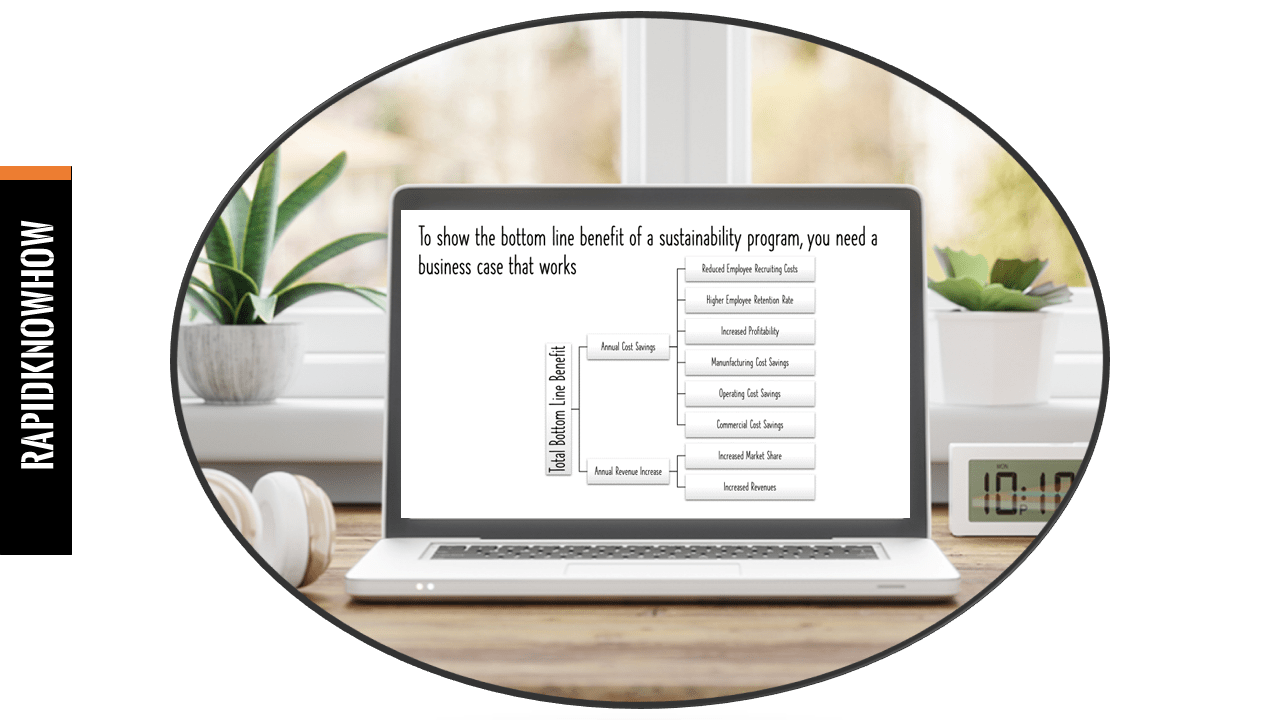RapidKnowHow > Health Care Leader : 30 Innovative Ideas
Here are 30 innovative ideas for healthcare leaders that focus on improving patient care, enhancing operational efficiency, and promoting sustainability in the healthcare sector:
- Telehealth Expansion: Invest in and expand telehealth services, providing remote consultations and monitoring to increase access to care, especially in underserved areas.
- Patient-Centric Design: Redesign healthcare spaces with a focus on patient comfort and experience, incorporating natural light, green spaces, and calming aesthetics.
- AI-Powered Diagnostics: Implement artificial intelligence tools for early diagnosis and personalized treatment plans, improving patient outcomes and reducing time to diagnosis.
- Wearable Health Tech: Encourage the use of wearable devices that track vital signs and health metrics, integrating data with patient records for proactive health management.
- Health Literacy Programs: Launch community education programs aimed at improving health literacy, empowering patients to make informed decisions about their care.
- Virtual Reality (VR) in Training: Use VR technology for medical training and simulations to enhance skills and provide safe learning environments for healthcare professionals.
- Blockchain for Data Security: Implement blockchain technology to enhance the security and interoperability of patient data across different platforms and providers.
- Patient Feedback Systems: Establish robust platforms for real-time patient feedback to improve service delivery and patient satisfaction dynamically.
- Integrated Care Models: Develop integrated care models that connect primary care, specialty care, and mental health services for holistic patient management.
- Sustainable Practices: Adopt sustainability initiatives such as reducing waste, energy-efficient practices, and sourcing sustainable materials for medical supplies.
- Population Health Management: Use data analytics to identify at-risk populations and develop targeted interventions to improve health outcomes across communities.
- Mobile Health Units: Create mobile clinics to deliver essential services to rural and underserved populations, making healthcare more accessible.
- Personalized Medicine: Invest in genetic testing and precision medicine to tailor treatments based on individual patient profiles and responses.
- Chronic Disease Management Apps: Develop or partner with app developers to create dedicated apps that help patients manage chronic diseases more effectively.
- Artificial Intelligence in Administration: Utilize AI to streamline administrative tasks such as scheduling, billing, and patient record management, freeing up staff for direct patient care.
- Community Engagement Initiatives: Foster partnerships with local organizations to create health and wellness programs, addressing social determinants of health.
- Mental Health Integration: Ensure that mental health services are integrated into primary care settings to provide comprehensive support for patients.
- Value-Based Care Models: Transition towards value-based care models that focus on patient outcomes rather than service volume, incentivizing high-quality care.
- Remote Patient Monitoring: Deploy technologies for continuous remote monitoring of patients with chronic conditions to detect changes in health status early.
- Augmented Reality (AR) for Patient Education: Utilize AR tools to enhance patient education, allowing patients to visualize their medical conditions and treatment options.
- Inter-professional Collaboration Platforms: Create digital platforms that facilitate collaboration and communication among healthcare providers across specialties.
- Health Hackathons: Organize hackathons bringing together innovators, clinicians, and patients to develop solutions for specific healthcare challenges.
- Nurse-Led Innovations: Empower nursing staff to identify areas for improvement and lead initiatives that enhance patient care and operational efficiency.
- Robotic Surgery and Assistance: Expand the use of robotic surgery systems for precise and minimally invasive procedures, enhancing recovery times.
- Patient Navigators: Implement patient navigator programs to guide patients through the healthcare system, improving access to services and adherence to treatment.
- Diversity and Inclusion Training: Integrate diversity and cultural competency training into staff development programs to enhance patient interactions and care.
- Snack-Sharing Platforms: Create collaborative partnerships with local farms and food producers to ensure healthy food options are available in healthcare settings.
- Telepsychiatry Services: Expand access to mental health services through telepsychiatry, addressing the growing need for psychiatric care.
- Data-Driven Decision Making: Establish data analytics teams to inform decision-making processes, enhancing operational efficiency and patient outcomes.
- Patient-Centered Research Initiatives: Engage patients in clinical research by incorporating their perspectives and priorities into study designs and outcomes.
These innovative ideas can help healthcare leaders respond to the evolving needs of patients, improve care quality, and enhance the overall efficiency of healthcare systems.





